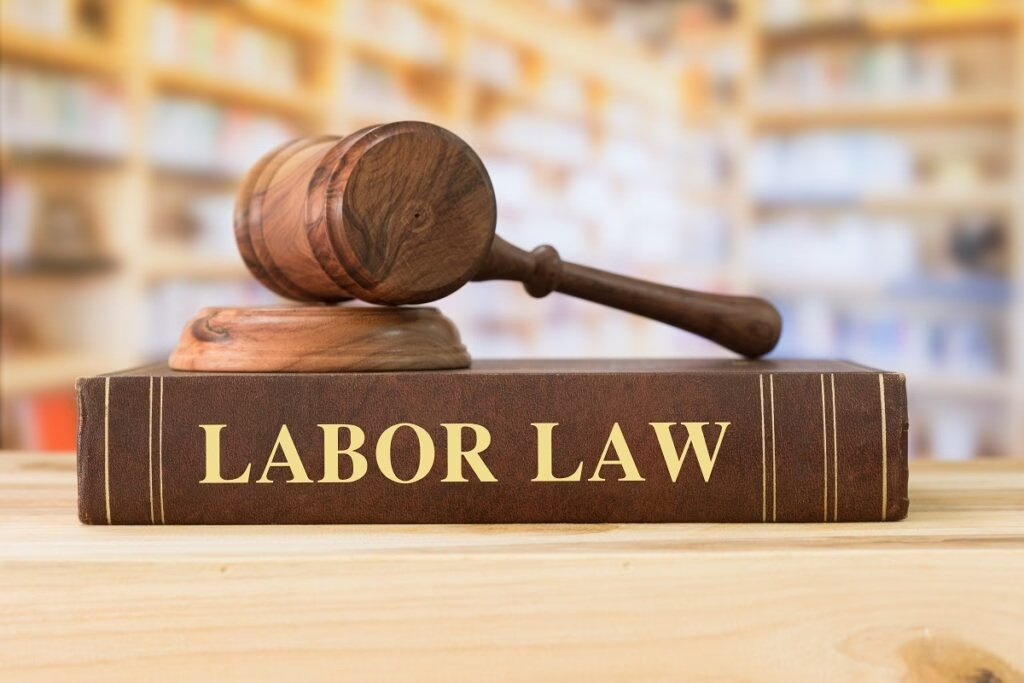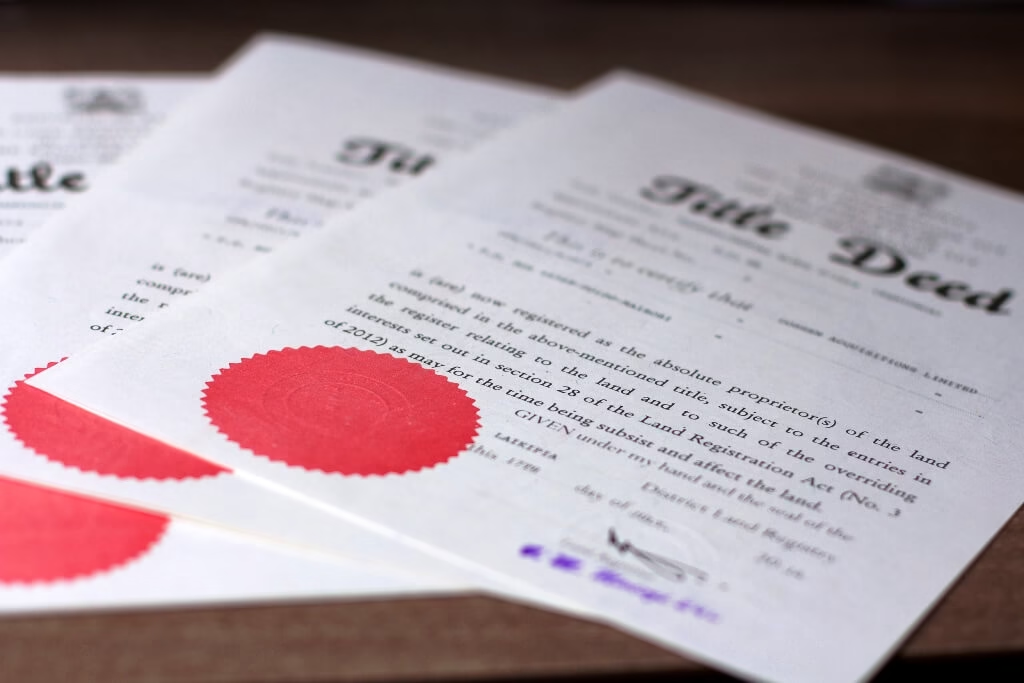Employment law in Kenya is governed by the Employment Act, 2007 and the Constitution of Kenya, 2010. These laws outline the rights and responsibilities of employees and employers, ensuring fair labor practices and protection against unfair termination. This guide explains employee rights in Kenya, how to handle workplace disputes, and what constitutes fair and unfair dismissal.
How to Address a Workplace Dispute in Kenya
If your employer violates your employment rights, you can take steps to resolve the issue:
- Communicate with Your Employer
- Start by addressing the issue directly with your employer.
- Make your request in writing and keep a record of all correspondence.
- Gather Evidence
- Keep copies of your employment contract, payslips, emails, and other documents to support your claim.
- Seek Assistance from the Labour Office
- Visit the nearest Labour Office in Kenya and report the issue.
- A Labour Officer may mediate between you and your employer.
- File a Formal Complaint
- If the issue is unresolved, file a complaint with the Labour Office for further action.
- Take Legal Action
- If necessary, escalate the matter to the Employment and Labour Relations Court within three years of the dispute.
- You can represent yourself or hire an employment lawyer for guidance.
- If the court rules in your favor, you may be awarded compensation for unfair dismissal or reinstatement.
Employee Rights in Kenya
Kenyan labor laws provide employees with fundamental rights to ensure fair treatment in the workplace.
- Minimum Wage Compliance
- Employees must be paid at least the minimum wage in Kenya, set by the government based on industry and location.
- Leave Entitlements
- Annual leave: 21 days of paid leave per year.
- Sick leave: Paid sick leave with a doctor’s note.
- Maternity leave: Three months of fully paid leave for mothers.
- Paternity leave: Two weeks of paid leave for fathers.
- Safe Working Conditions
- Employers must ensure workplace safety and health standards are met.
- Termination Rights
- Employees must receive termination notice or payment in lieu of notice, except in cases of serious misconduct.
- Employees have the right to a fair hearing before dismissal.
- Protection Against Discrimination
- Employers cannot terminate or mistreat employees based on gender, race, religion, pregnancy, disability, or trade union membership.
- Victims of unfair dismissal in Kenya can seek up to 12 months’ salary as compensation.
Employer Rights and Responsibilities
Employers in Kenya have specific rights under labor laws, ensuring business operations remain efficient and legally compliant.
- Right to Terminate Employment
- Employers can terminate an employee’s contract for valid reasons, including:
- Misconduct (e.g., theft, fraud, workplace violence).
- Poor performance (with prior warnings and performance improvement plans).
- Redundancy due to economic or structural changes.
- Employers can terminate an employee’s contract for valid reasons, including:
- Setting Work Conditions
- Employers can define working hours, salaries, and duties, provided they comply with Kenyan labor laws.
- Workplace Rules and Discipline
- Employers have the right to enforce workplace policies, issue warnings, and take disciplinary action when necessary.
Unfair Termination in Kenya
A termination is unfair if:
- There is no valid reason for dismissal.
- The proper legal process is not followed.
- The employee is not given a chance to defend themselves.
- The termination is based on discrimination (e.g., gender, pregnancy, religion).
- The employer ignores contract terms, such as failing to give notice or severance pay.
Legal Remedies for Unfair Dismissal
If you are unfairly dismissed, you may be entitled to:
- Up to 12 months’ salary as compensation.
- Reinstatement to your previous job.
- Severance pay if terminated due to redundancy.
To challenge unfair dismissal, file a case with the Employment and Labour Relations Court.
Fair Termination in Kenya
A termination is fair if it meets the following conditions:
- Valid reason for dismissal (e.g., poor performance, misconduct, redundancy).
- Proper notice or payment in lieu of notice, as per the employment contract.
- A fair disciplinary process, including a chance for the employee to respond.
- No discrimination or personal bias in the termination decision.
Example of Fair Termination
If an employee consistently arrives late despite multiple warnings and a disciplinary hearing, the employer can legally terminate their employment with proper notice.
Key Employment Laws in Kenya
Understanding Kenyan labor laws helps both employees and employers navigate workplace relationships fairly.
- Minimum Wage: Varies based on industry and location, set by the government.
- Working Hours: 52 hours per week, with overtime pay for extra hours.
- Employment Contracts: Required for jobs lasting more than three months.
- Redundancy Compensation: At least 15 days’ pay per year worked.
- Union Rights: Employees have the right to join or form trade unions.
- Workplace Safety: Employers must ensure a safe working environment.
- Termination Procedures: Employees must be given a hearing before dismissal.
Final Thoughts on Employment Law in Kenya
Employment law in Kenya aims to create a fair work environment for all. Employees should understand their rights and take action if denied fair treatment. Employers must follow legal termination procedures to avoid disputes and compensation claims.
To stay informed, review your employment contract, the Employment Act, 2007, and seek legal advice if needed.
Join the Conversation!
Do you have questions about Kenyan labor laws? Have you faced an employment dispute? Share your experiences in the comments, and follow our blog for more updates on employment rights in Kenya!
















Leave a Reply